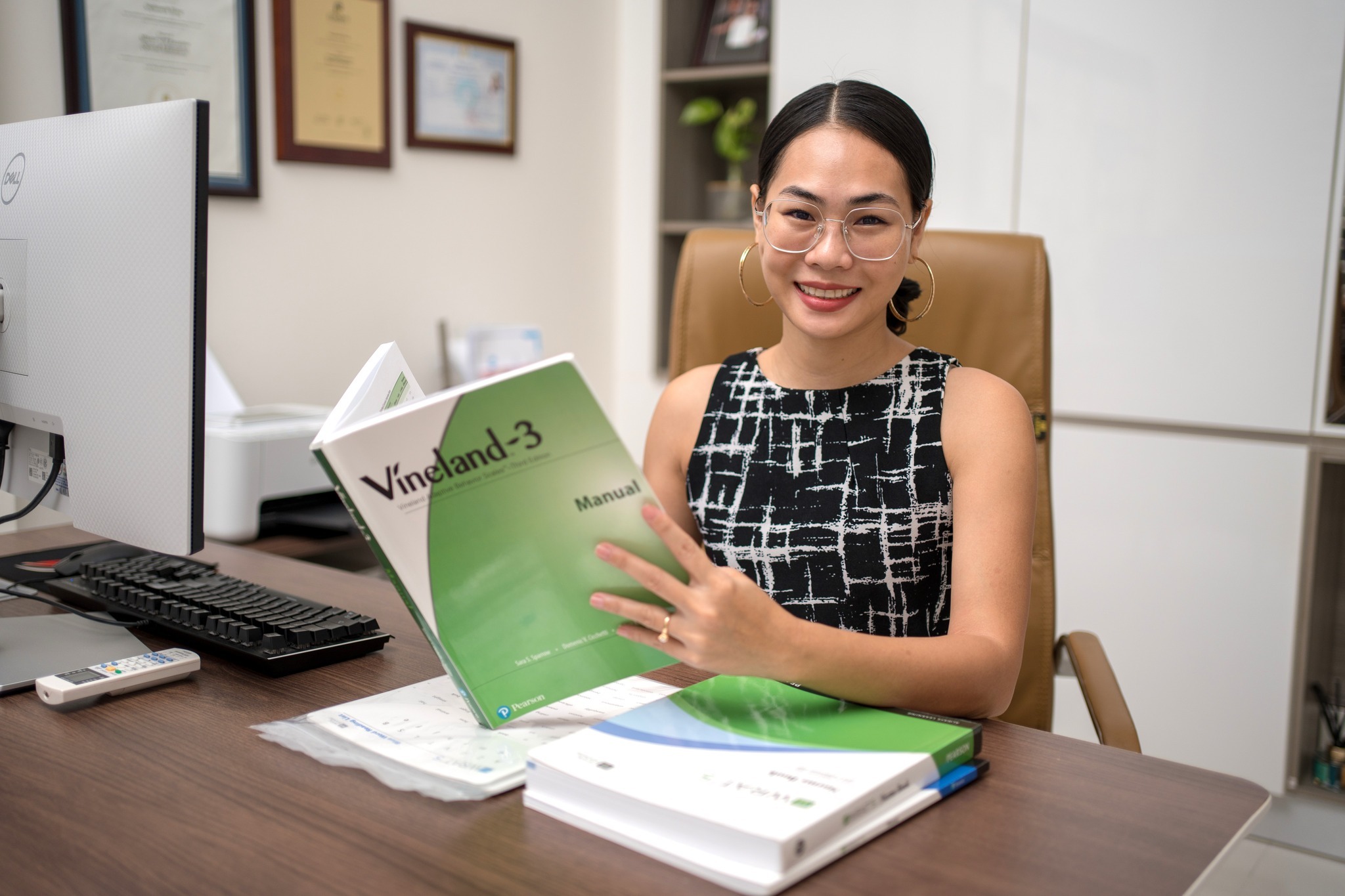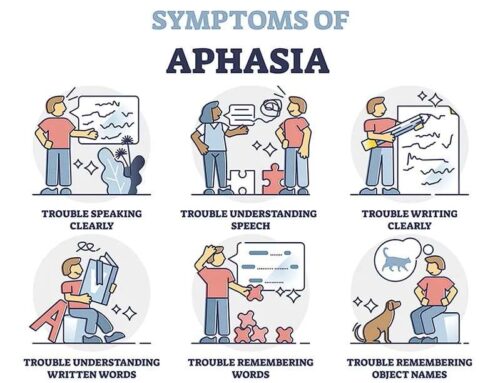Developmental assessments are not one-size-fits-all tests, but rather comprehensive evaluations, often conducted by qualified professionals like pediatricians, psychologists, or early intervention specialists. They involve gathering information from various sources, including:
- Observations: Watching the child interact with their environment and perform age-appropriate tasks.
- Interviews: Talking to parents or caregivers about the child’s daily routines, behaviors, and any areas of concern.
- Standardized tests: Administering specific tools that measure skills in specific areas, such as language, motor abilities, or cognitive functioning.
A Multi-faceted Approach:
A thorough developmental assessment typically focuses on several key areas:
- Physical development: Gross and fine motor skills, coordination, sensory processing.
- Cognitive development: Problem-solving skills, memory, thinking skills, learning abilities.
- Language development: Communication skills, receptive and expressive language, vocabulary.
- Social-emotional development: Play skills, social interaction, emotional regulation, self-awareness.
Beyond Labels, Towards Understanding:
The aim of a developmental assessment is not to label or categorize a child, but rather to gain a comprehensive understanding of their strengths and weaknesses. This information can then be used to:
- Identify any developmental delays and provide early intervention services if needed.
- Design appropriate learning and support plans tailored to the child’s individual needs.
- Provide guidance and resources to parents and caregivers for optimal support at home.
- Monitor progress and adjust strategies over time as the child develops.
Unveiling the Mosaic:
It’s important to remember that development is a complex and dynamic process. Every child progresses at their own pace, and there can be variations within and across different areas. A developmental assessment is not a definitive snapshot, but rather a single piece of the puzzle, helping to build a more complete picture of the child’s unique development journey.
By demystifying the process and emphasizing its positive role, we can create an environment where families feel comfortable seeking developmental assessments when needed. These assessments can be invaluable tools in supporting children’s individual growth and ensuring they reach their full potential.





Leave A Comment